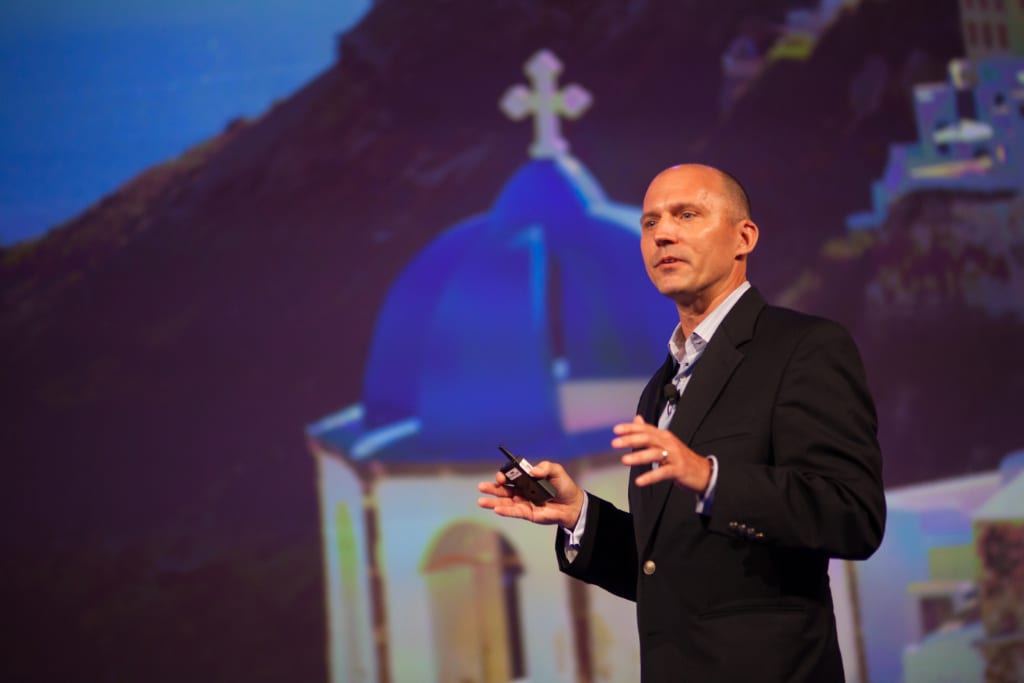Sabre Looks for Efficiencies With Cloud Migration on Track

Skift Take
CEO Sean Menke has turned around Sabre's performance since coming on board in 2017. No wonder investors have bid up the travel technology company's share price since then.
Travel technology company Sabre continues to proceed with migrating from software run from its own data centers to cloud-based computing systems that offer greater flexibility and lower costs.
Decades of patches have left the Southlake, Texas-based company with a system that is costly to maintain and prone to outages.
Critics have said that Sabre has underinvested in its data infrastructure for many years relative to its closest peer company, Amadeus, which has migrated almost wholly to the cloud.
In May, Sabre announced it would move several applications to cloud vendors Amazon Web Services and Oracle.
On Tuesday during a call with investors, CEO Sean Menke said that the company's cloud migration is going accordin

